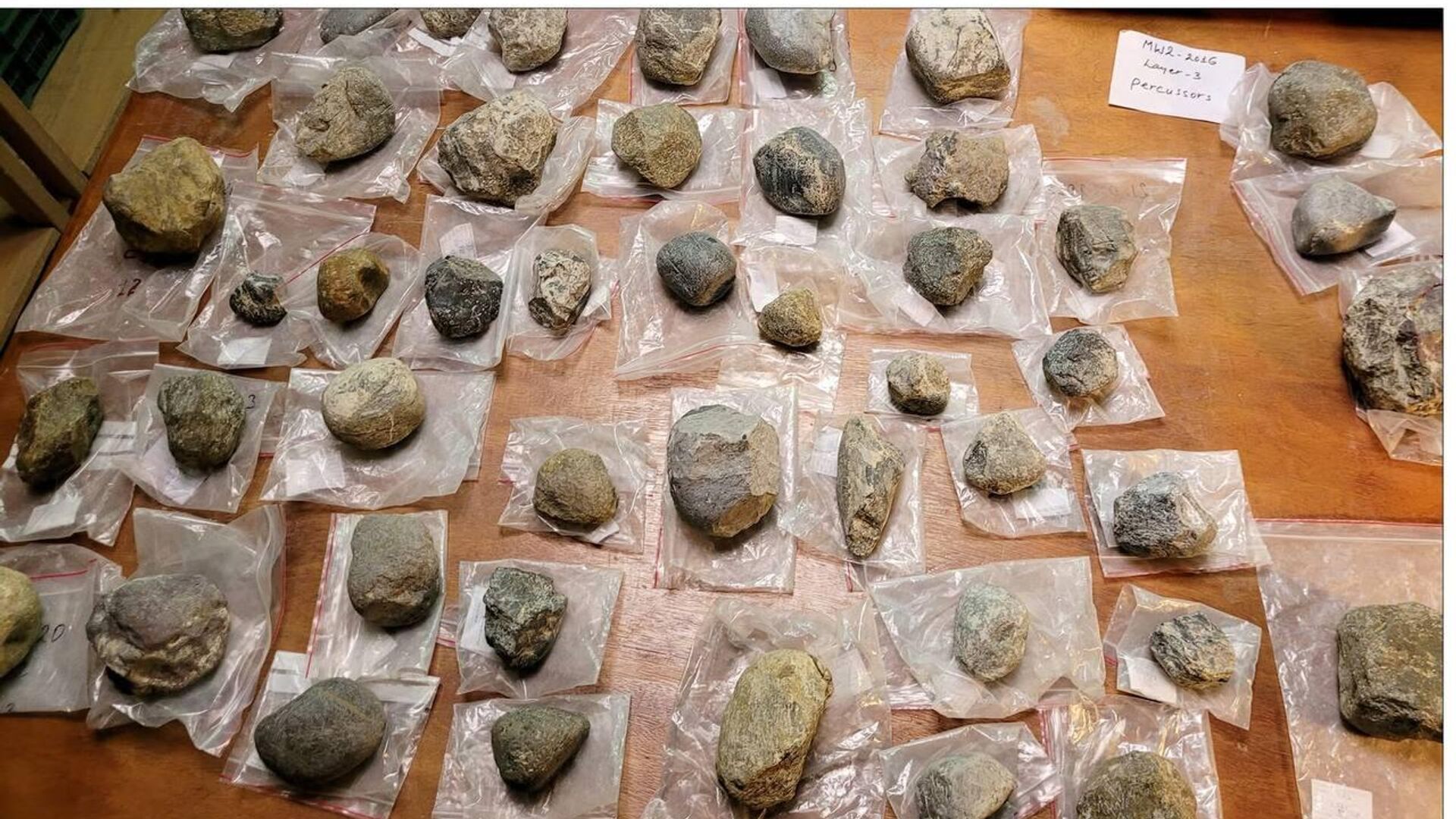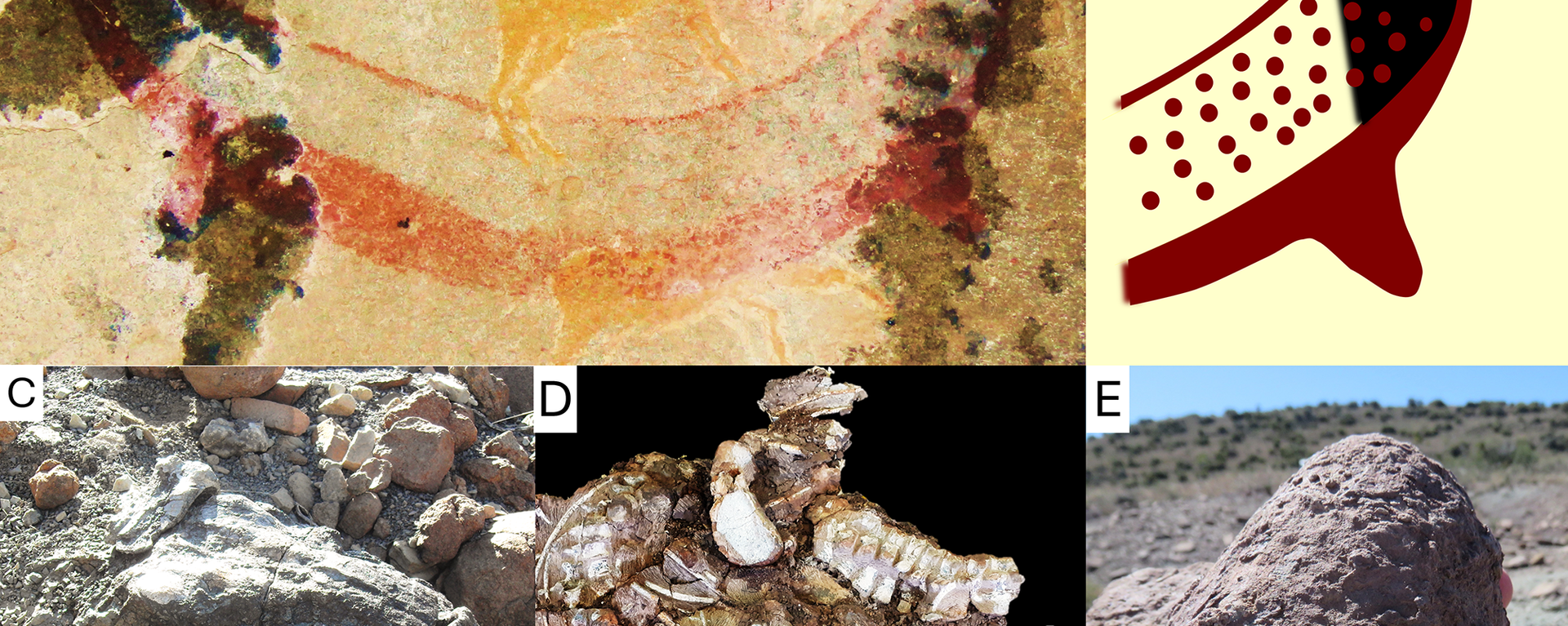Early Humans in Modern Ethiopia Showed Advanced Toolmaking Skills, Study Reveals
17:08 18.01.2025 (Updated: 15:13 20.01.2025)

© Photo Hebrew University of Jerusalem
Subscribe
The Pleistocene epoch, often called the Ice Age, spanned from approximately 2.58 million to 11,700 years ago and is characterized by repeated periods of glaciation.
A new international study, led by Israeli paleoanthropologist Erella Hovers and Ethiopian archeologist Tegenu Gossa of the Hebrew University of Jerusalem, shows that early humans in the Pleistocene era made complex decisions about selecting stones for their tools. Excavations at the Melka Wakena site in Ethiopia revealed that toolmakers chose materials based on how well different stones would perform specific tasks, not randomly.
"The deliberate selection of materials influenced the surface changes of the tools, demonstrating that differences in archaeological finds are not random," said Dr. João Marreiros, Portuguese researcher and director of the TraCEr, Laboratory for Traceology and Controlled Experiments, in Germany.
This initial study provides insights into Acheulian toolmaking, an archaeological industry of stone tool manufacture. Future research is expected to investigate how tool-making activities impacted raw material selection, highlighting the crucial role of early human decisions in their evolution and environmental interactions.

